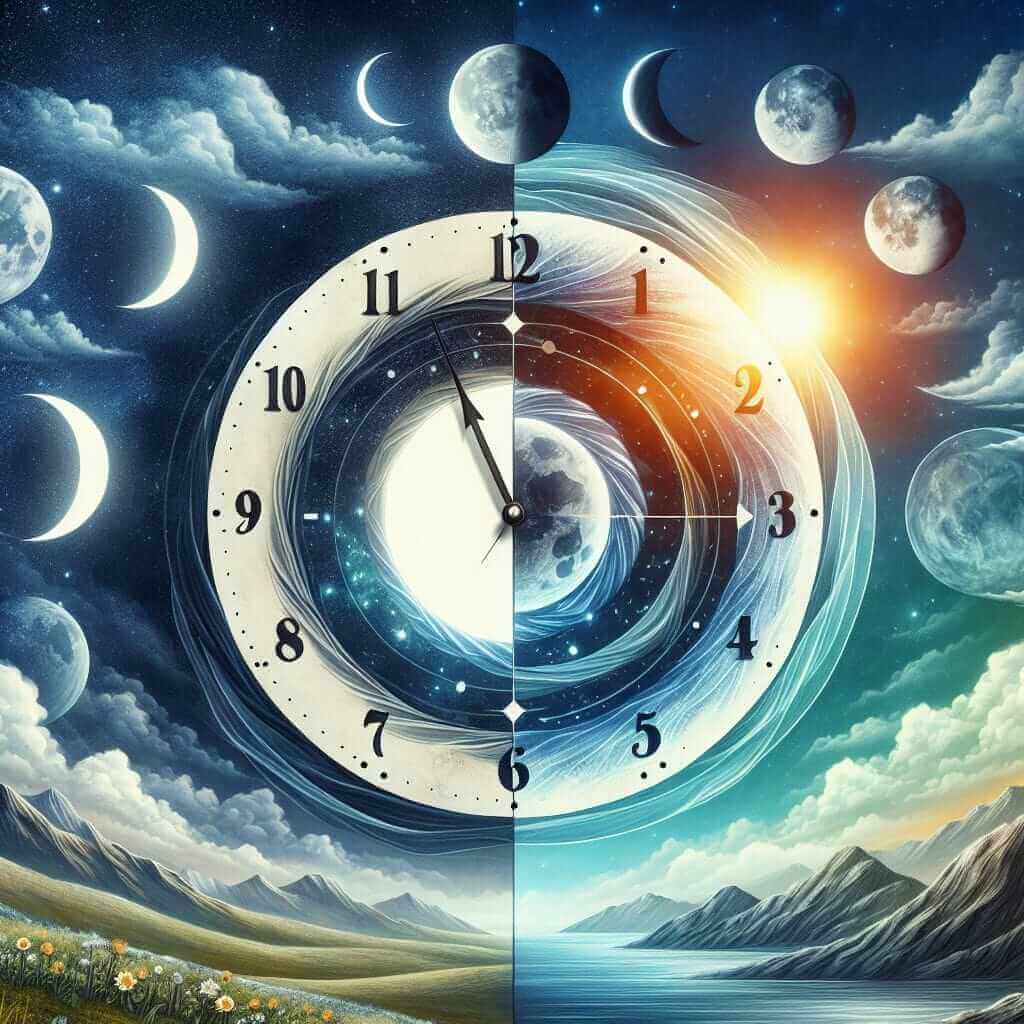The Relevance of the Biological Clock in IELTS
As an IELTS instructor with over 20 years of experience, I often find students surprised by the diverse range of topics covered in the IELTS Speaking test. One such area that often arises is the concept of the “biological clock.” While not a core scientific topic, understanding the biological clock, its implications, and being able to discuss it fluently can be beneficial for your IELTS journey.
What is the Biological Clock, and Why Does it Matter for IELTS?
The “biological clock” refers to the natural internal rhythms our bodies follow, primarily governed by the circadian rhythm. This rhythm influences sleep-wake cycles, hormone release, and other bodily functions, impacting our energy levels, alertness, and overall well-being.

Here’s why it matters for IELTS:
- Topic Relevance: IELTS Speaking often features questions about daily routines, health, and well-being, all connected to the biological clock.
- Vocabulary Enhancement: Discussing this topic allows you to demonstrate a range of vocabulary related to time, health, and biological processes.
- Idea Generation: Understanding the biological clock can help you brainstorm ideas and arguments for a variety of IELTS prompts.
Discussing the Biological Clock in Your IELTS Speaking Test
Part 1:
You might encounter questions like:
-
“What time do you usually wake up?”
- Instead of simply stating a time, consider saying, “My biological clock seems naturally aligned with the sunrise. I tend to wake up around 6:00 AM, feeling most refreshed then.”
-
“Do you consider yourself a morning or an evening person?”
- “I’m definitely a morning person. My biological clock seems to function optimally in the morning, providing me with the most energy and focus during those hours.”
Part 2:
Imagine a cue card like:
- “Describe a time when you had to change your daily routine significantly. How did it affect you?”
- This is an excellent opportunity to discuss how altering your routine impacted your biological clock, sleep patterns, or overall well-being.
Part 3:
The examiner might ask:
- “What are the challenges of modern lifestyles on people’s sleep patterns?”
- You could respond by saying, “The constant exposure to artificial light and technology disrupts our natural circadian rhythms, making it difficult for our biological clocks to regulate sleep effectively.”
Tips for Success:
- Use Precise Vocabulary: Familiarize yourself with terms like “circadian rhythm,” “sleep-wake cycle,” “melatonin,” and “biological clock” itself.
- Connect to Personal Experiences: IELTS values authentic experiences. Relate the topic to your sleep patterns, productivity levels, or how you function at different times of day.
- Show Awareness of Current Issues: Mention how modern lifestyles, shift work, or technology can disrupt our biological clocks.
Conclusion
While seemingly unexpected, the concept of the biological clock can appear in various forms within your IELTS Speaking test. By understanding the terminology and linking it to personal experiences, you can showcase your language proficiency and ability to discuss a range of topics confidently and fluently. Remember, successful IELTS preparation involves not just memorizing vocabulary but also being adaptable and insightful in your speaking.